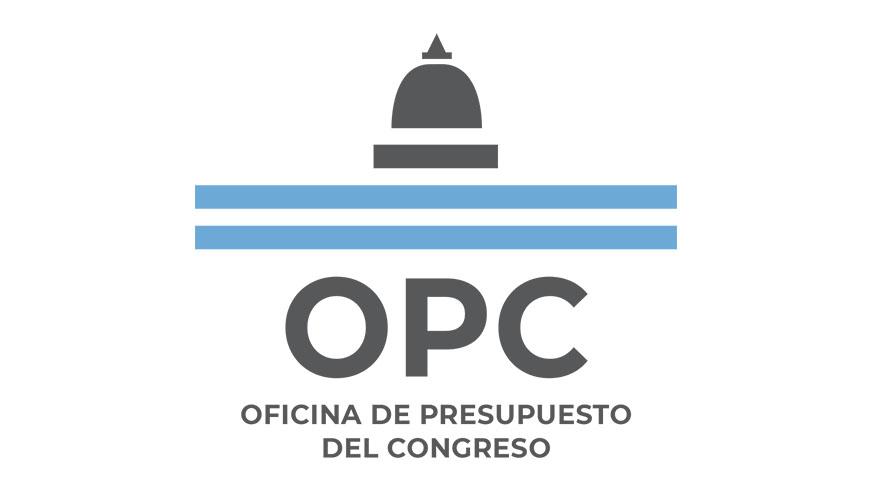This report analyzes the differences between the fiscal impact of the formula proposed in the bill and the current one, considering that the new system would come into effect on August 1. The analysis is focused on the current year and on 2025, considering different scenarios according to the evolution of the variables used for the estimates.
The bill approved by the Chamber of Deputies proposes a monthly update based on the CPI, with an annual reinforcement in March equivalent to 50% of the variation of the RIPTE (Average Taxable Remuneration of Stable Workers), if the latter had increased more than the CPI. A one-time increase complementary to that of last April will be applied, which will increase from 12.5% to 20%, and the minimum benefit will not be below the total basic food basket of an equivalent adult.
A term of six months is established for the cancellation of pension debts resulting from final rulings or those incurred in favor of the provincial funds that have not been transferred to the National Government.
- This would represent an additional expenditure in pensions of between 0.44% of GDP, in the event that the ARS70,000 bonds for lower-income pensioners continue to be paid until the end of the year. If they were discontinued, the cost would be equivalent to 0.74% of GDP.
- For 2025, depending on the possible scenarios to be applied, the fiscal impact would be between 0.69% and 0.80% of GDP if the current bonuses were to continue. Compared to the implementation of the provisions of DNU 274/24, without ARS70,000 bonuses, the incremental impact is estimated at between 1.14% and 1.25%.
- The certified debts with provinces that did not transfer their pension funds amount to ARS703,353 million (current), equivalent to 0.13% of GDP.

